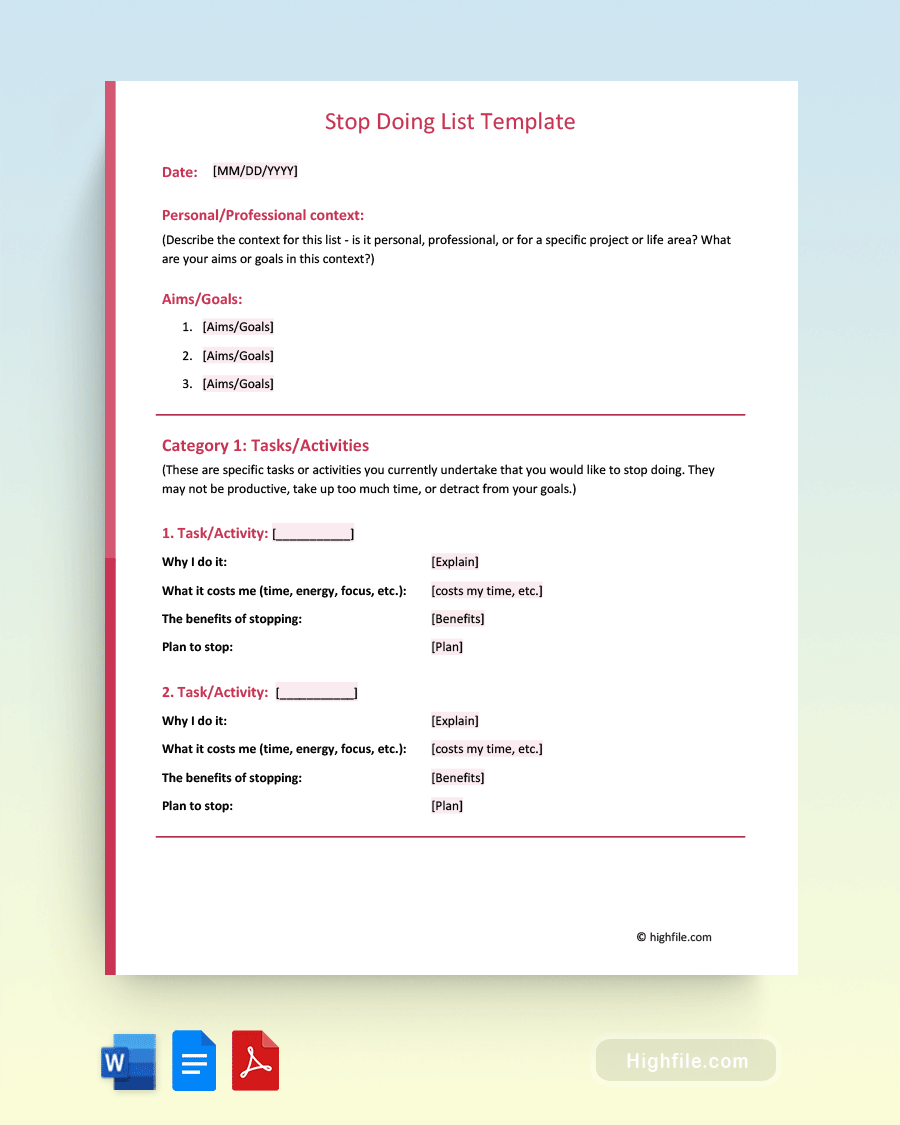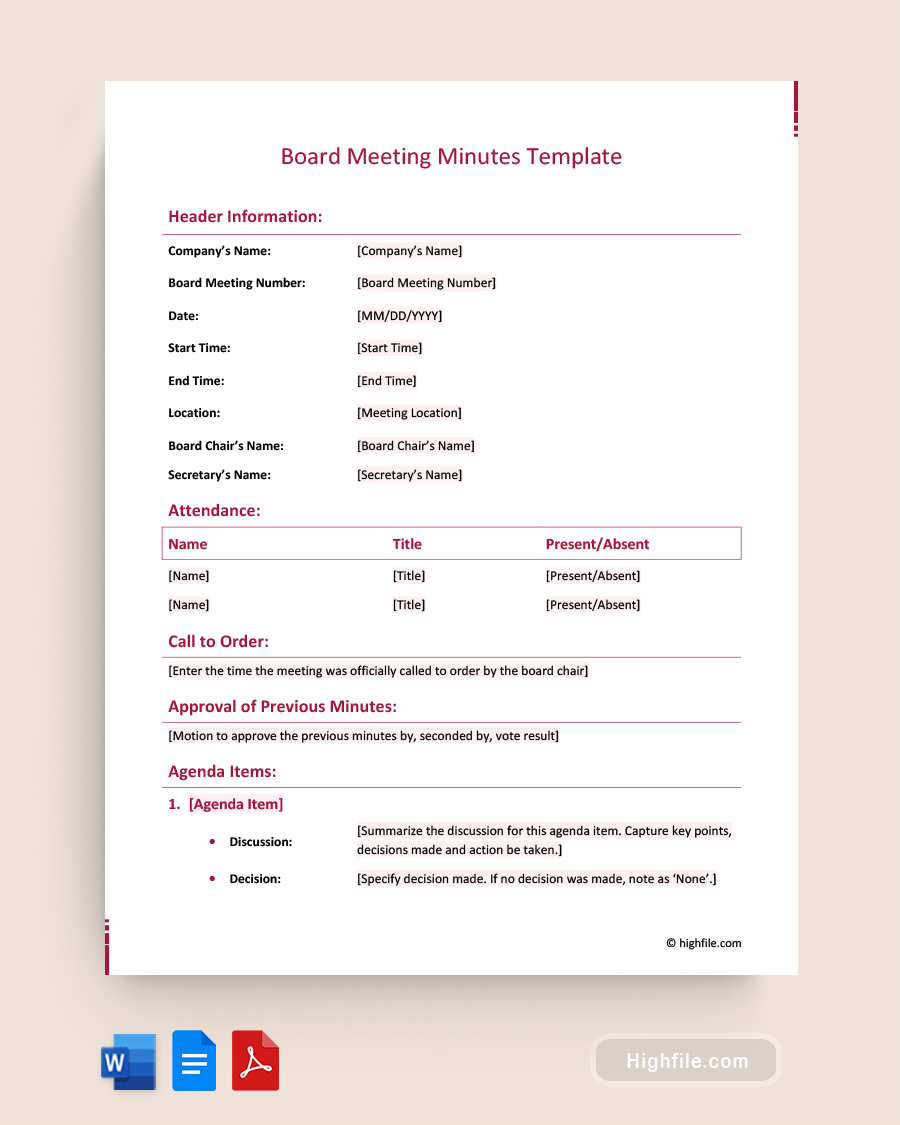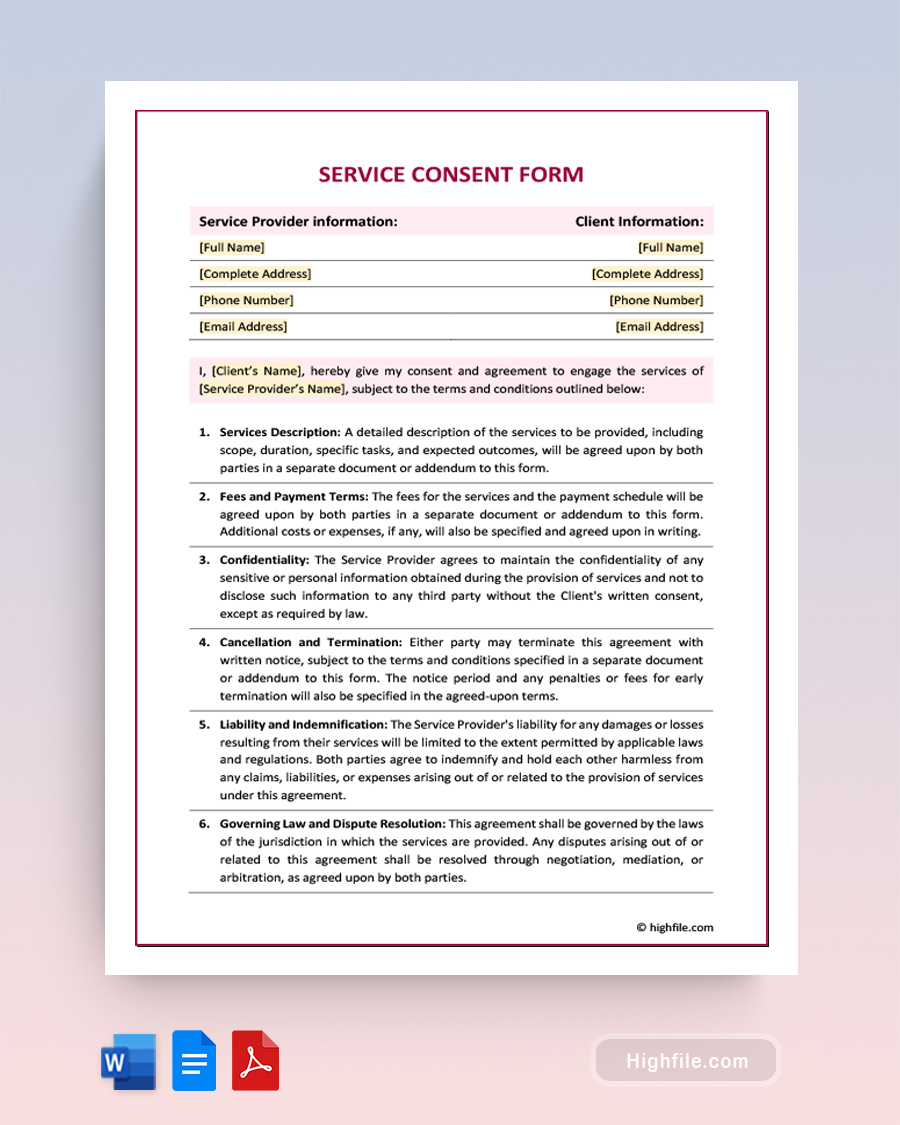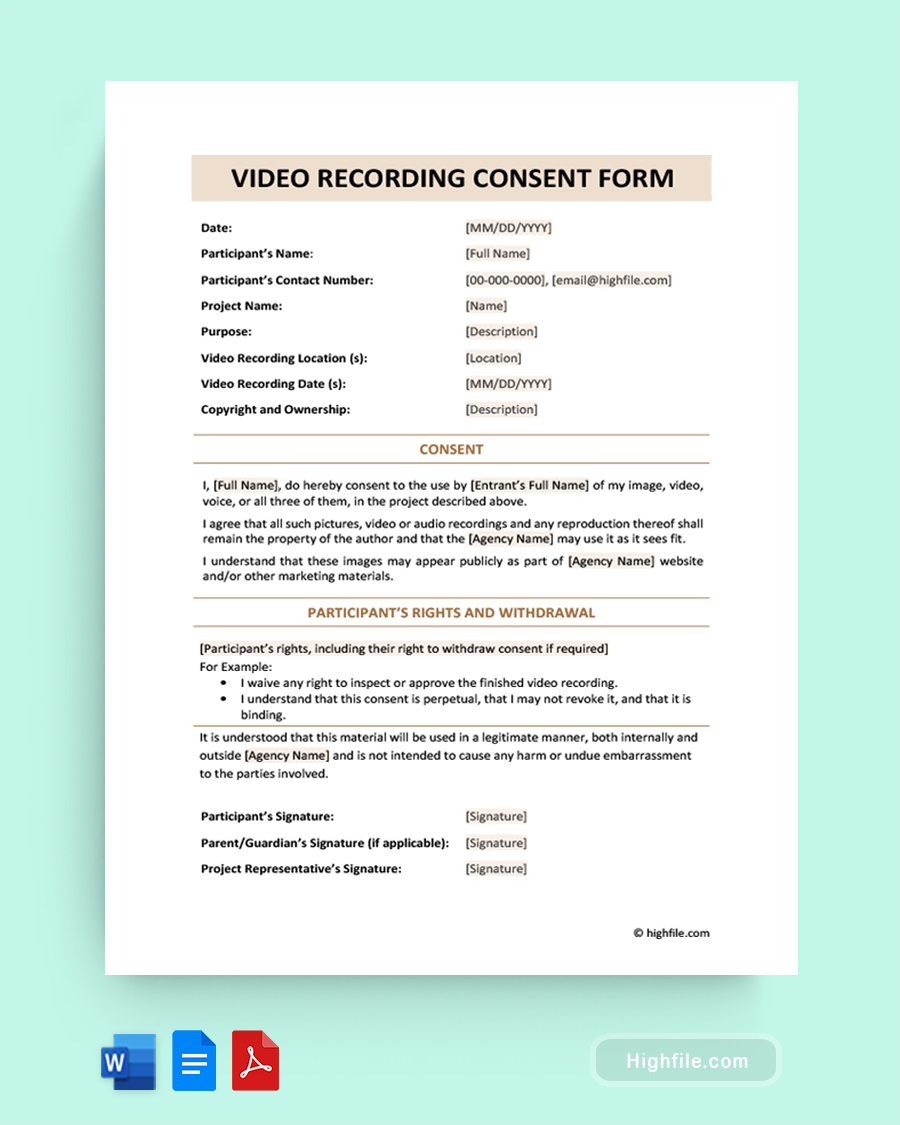We all do things we’d rather not and things we probably shouldn’t. Some things, like work and chores, are necessary. More importantly, they serve a purpose, but what about all the things you don’t need to do in a week that you still spend time on? If you quit doing everything that doesn’t benefit your life, how much time would you have left? What could you accomplish in that time?
We call it ‘spending’ time because, like money, you only have so much, and if you budget it badly, you’ll soon find you have none left. Likewise, you can make more time if you know how. A good Stop Doing List will help you spend your time better.
What Is a What Is a Stop Doing List?
Simply put, a Stop Doing List is a tool to help you remove negative, wasteful activities and habits. There are tens of thousands of self-help gurus, and almost all of them have written or spoken about some version of the Stop Doing List. Whatever you call it, it is simply an efficient and effective way to maximize your potential.
A Stop Doing List helps you cut out things that don’t help, don’t matter, hinder or stop you from doing all the things that make life better. From simple issues like too much social media time to more complex intertwined solutions like multitasking some of the things you already do, you can make the most of your life by doing less. When you stop doing something, you make time to do more of everything that matters. When every activity is significant, driving you toward a goal or helping make you happier and better, your life will improve, and you won’t miss the ways you used to waste your time.
Why Do You Need a Stop Doing List?
The great Bruce Lee once said, “If you love life, don’t waste time, for time is what life is made up of.” Although he was known for his martial arts and incredible self-discipline, he was also a surprisingly profound philosopher. You need a Stop Doing List to help you identify and stop those activities and behaviors that waste your time and make you not-love your life.
How To Create a Stop Doing List
Before creating your Stop Doing List, you will need four essential resources. Each resource is a list only you can make. By listing the problems with how you don’t spend time, your values, goals, and how you actually spend your time, you can more easily identify where to make your cuts.
- Problems: Things I Avoid- Look at your excuses for what you don’t or can’t do. Write them down honestly and assess which of those things matter to you and what you need if you are going to accomplish those goals. Cross out anything that doesn’t matter. Add items you feel you should be doing or need to do but never make time for.
- Values: Things I Care About- Make a second list of your core values. This should represent the things you care about. More importantly, it should be a concise group of ideals that you can use to identify whether anything and everything you do is helping you be a better version of yourself.
- Goals: Things That Matter- Now, make a list of the things you care about in life. This should include broad categories like family, carer, and fitness. Only add the things you care about most and want to work toward doing, bettering, or maintaining.
- Schedule and Habits: Things I Actually Do- Finally, there’s one more list to make, and it’s a big one. Write down everything you do in a typical week. Don’t skip anything, even if it’s just laying in bed or scrolling on your phone because all of it takes your time. It is all part of how you are spending your life.
The fourth list is the one you’ll be working with to identify what you need to cut out. However, without the other three lists, you have no context for how to make those decisions. A meaningful, rewarding life is about cutting out what holds you back and doing the things that further your goals. Being your best self and living your best life start when you stop wasting time and energy on the things that make you less than you could be.
Things You Should Add to Your Stop Doing List
When you write your Stop Doing List, it should only include those things you can reasonably expect to cut out of your life. Instead of making an extensive jumbled point-of-thought style list, try breaking it down into categories that make sense to you. Below you’ll find the most common areas where people find things they need to stop doing and some of the things almost anyone can remove from their life.
At Work
There are eight countries, including Spain and Iceland, where the people have four-hour work days. This may seem ‘crazy,’ but it’s highly effective. By asking people to commit less time and energy to their work, governments have begun to discover that those people are more fully present and committed to completing their tasks while at work. Additionally, the people stress less and miss fewer days. Unfortunately, you probably can’t cut your own workdays down to four hours, but you can cut out all these time wasters and more.
- Failing to prioritize
- Taking things personally (Be professional)
- Delegating to people who only need you to check their work and redo it
- Not delegating anything
- Working through breaks and lunch
- Doing overtime, you don’t need to volunteer for
- Micromanaging others or yourself
- Gossiping around the water cooler
- Writing extensive emails where a more pared-down version will do
- Saying yes to every request
- Taking work home with you and answering work calls and emails when you are not being paid
At Home
Every home is different, and what works to stop doing in one house may not be the correct answer for you. Yet, some things are more universal, like not asking kids to do something more than once because it sets a bad precedent. Below you’ll find lots of things to stop doing.
- Redoing chores other people did badly rather than having them correct their own mistakes
- Avoiding chores until they build-up
- Criticizing
- Never stopping to enjoy simply relaxing in your space
- Skipping yardwork until it looks bad
- Signing the kids up for too many activities
Online
The internet is simultaneously two crucial things. First, it is the greatest repository of human knowledge ever created, where you can look up almost any information you might need. Second, it is a massive source of wasted time. Everyone falls for it sometimes, but you’ll have a lot more time if you spend less of your days on wasteful internet nonsense and stick to necessary tasks like searching for critical information. This doesn’t mean you should never have fun, but make sure your entertainment is enjoyable and not stopping you from accomplishing important goals. Hee are plenty of things to stop doing right away
- Scrolling social media endlessly.
- Leaving a million pages open
- Engaging with trolls or even reading what they have to say
- Game apps
- Subscriptions to all those free newsletters and other digital junk mail
- Taking pictures ad creating posts when you have more important things to do
- Joining groups
- Using your phone or laptop every free second
- Using your phone at home or in bed
Unhealthy Habits
Picking up unhealthy habits is as easy as picking up lint. You don’t mean to do it, but one day you wake up and realize you have way too much junk food and junk habits. Stop doing these things to feel better.
- Refusing to sleep
- Smoking
- Overindulging in sugar or alcohol
- Overeating
- Snacking late at night
- Avoiding exercise because you don’t think it’s ‘enough’
- Taking the elevator instead of the stairs
- Sitting all the time, for extended periods
Unhelpful Behaviors
Our physical habits aren’t the only ones that hold us back. Getting into the habit of stressing out or being resentful is just as damaging and time-wasting as having that extra serving of dessert on the couch while you surf the internet. Skip all these habits to make your life better.
- Speculating on what others think of you
- Yelling
- Trying to guess what someone wants or needs instead of asking
- Not asking for what you need
- Taking everything personally
- Apologizing when it’s not necessary
- Allowing others to be rude without speaking up for yourself
- Making excuses instead of saying no
- Complaining
- Giving up when things get hard or if they don’t go well right away
The Benefits of Having a Stop Doing List
Having a well-thought-out Stop Doing List will help you identify where you’ve been wasting time, setting yourself back, and not making the most of your time. Once you know that, you can work on paring down your activities and responses to avoid time-overspending on things that serve no real purpose. There are many benefits of having a Stop Doing List. Most of all, it is a constant reminder to work on doing better.
More Time
Time is a precious resource. From the moment you are born, your personal clock has a limited number of hours on it. Some you have to spend on things like sleep, visiting the doctor, going to work, etc. However, the rest of that time is yours. By doubling up some activities, so you get more done in less time and deleting others, you make more time for the things that matter to you and help you achieve your goals.
More Money
Not all Stop Doing Lists will cut costs, but you may be surprised. For example, if one of the items on your list is to quit smoking or not stop for takeout coffee in the morning, you’ll save money. Every dollar you don’t spend will add to your resources, and eventually, they will start helping you achieve your other goals.
Less Frustration
Wasting your own time costs you more than just the minutes and cash you spend. Annoyance, sorrow, and other negative emotions take a toll on you and cause you to spend even more time on responses. Cutting out negative behaviors and time-wasting activities won’t solve all your problems, but it will improve your mental health. Less frustration is something we could all use.
Better Health
Even if working out isn’t on your list, a good Stop Doing List will also contribute to your physical health. Frustration and other destructive emotions take a toll on your body, especially your immune system. Plus, with a little more time for yourself, you can slow down occasionally and enjoy the little things which make a significant impact over time. Of course, prioritizing your physical health is a good idea too. Maybe you can make enough room in your schedule for more walks or a good bike ride.
Multitask and Delegate Correctly
Everything you multitask or delegate correctly is one less thing on your plate, taking up time and energy.
Most multitasking has been proven ineffective. When you spread your attention too thin, you just do several things slowly or poorly. However, there are some places where you can combine activities very effectively. For example, if one of your goals is to spend more family time, and another is to teach the kids how to cook, you and your spouse can make meals with your children, and everyone is together while also working on an essential skill.
Delegation is like multitasking because you can still check off things that need to get done, but you aren’t the one doing them. If you have a spouse or roommates, it is okay to ask them to take on a fair share of chores. Children are perfectly capable of learning to contribute around the house, and it’s normal to expect yours to help with small things like feeding a pet or taking out trash if it’s not too heavy. Likewise, if you work long hours, it’s sensible to consider having someone else help with cooking and cleaning at home.
Final Thoughts
A Stop Doing List isn’t a solution to all your problems, but it is an excellent tool to help you make more out of your life. Every negative or useless thing you cut out buys you a little more time to do what you care about, achieve more goals, lower your stress level and live a meaningful life. If you are not happy, you need a Stop Doing List to help identify why and what to do about it. Learn to love your life and respect yourself enough to ditch the bad habits and time wasters. Finding more fulfillment is a process, and creating your Stop Doing List will help you start the process for yourself in an honest, actionable, sensible way right now.







